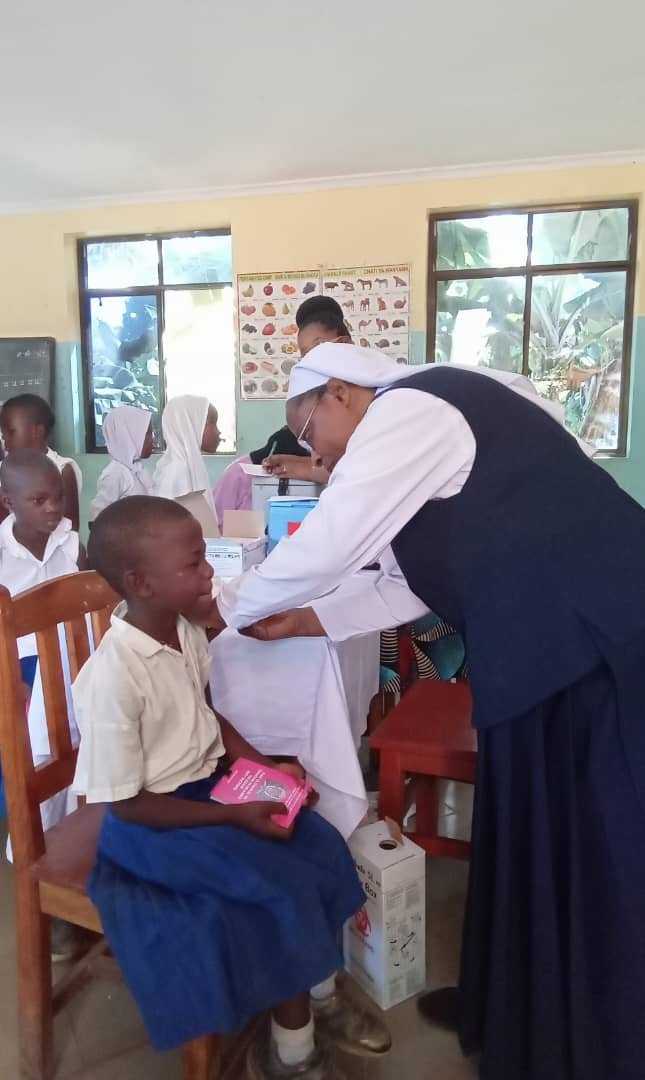Social impact investment is a game-changer in addressing some of the most pressing global challenges. By applying financial resources to scale projects which are both good businesses and committed to doing social good, such investments drive sustainable change in communities, creating lasting solutions to issues like poverty, health disparities, and gender inequality. One inspiring example of social impact investment comes from Muleba, Kagera, where innovative thinking is changing the lives of young girls and addressing cervical cancer.
Cervical cancer is the leading cancer among women in Tanzania, particularly affecting those aged 15 to 44. Alarmingly, 68% of invasive cervical cancer cases in Tanzania are caused by human papillomaviruses HPV-16 and 18. Following the WHO's global strategy to eliminate cervical cancer as a public health problem by 2030, Tanzania has prioritized the HPV vaccine for girls aged 9 to 14. However, resource constraints in low-income regions like Muleba have hindered outreach campaigns, threatening progress in preventing this disease.
To tackle this, Sister Victoria Mutatina, a district nursing officer, partnered with two leaders from Roche, all alumni of Pepal Foundation’s leadership training programmes, to launch a poultry farm. The farm produces and sells eggs, generating sustainable income to fund school-based HPV awareness and vaccination campaigns. This initiative aligns perfectly with Pepal's commitment to sustainability and innovative solutions.
Since its inception, the poultry farm has created a ripple effect of impact. By April 2024, the farm was self-sustaining, and had generated its first 5 million Tanzanian shillings in net profit. Half of this profit, combined with additional district support, was reinvested into school outreach programs, enabling the team to visit 28 schools and vaccinate 18,000 girls against HPV. The project not only provides a sustainable funding model but also empowers local communities to take ownership of their health outcomes.




